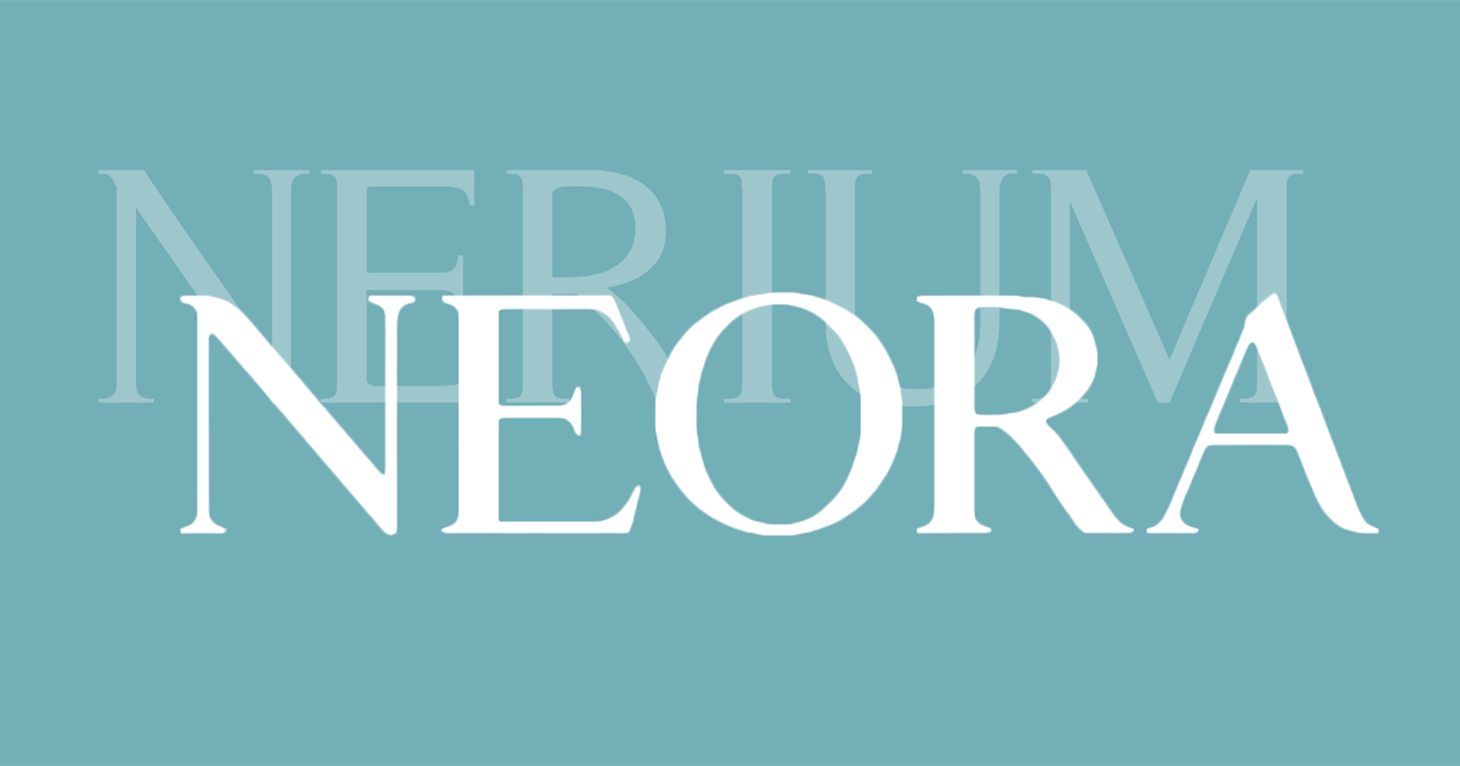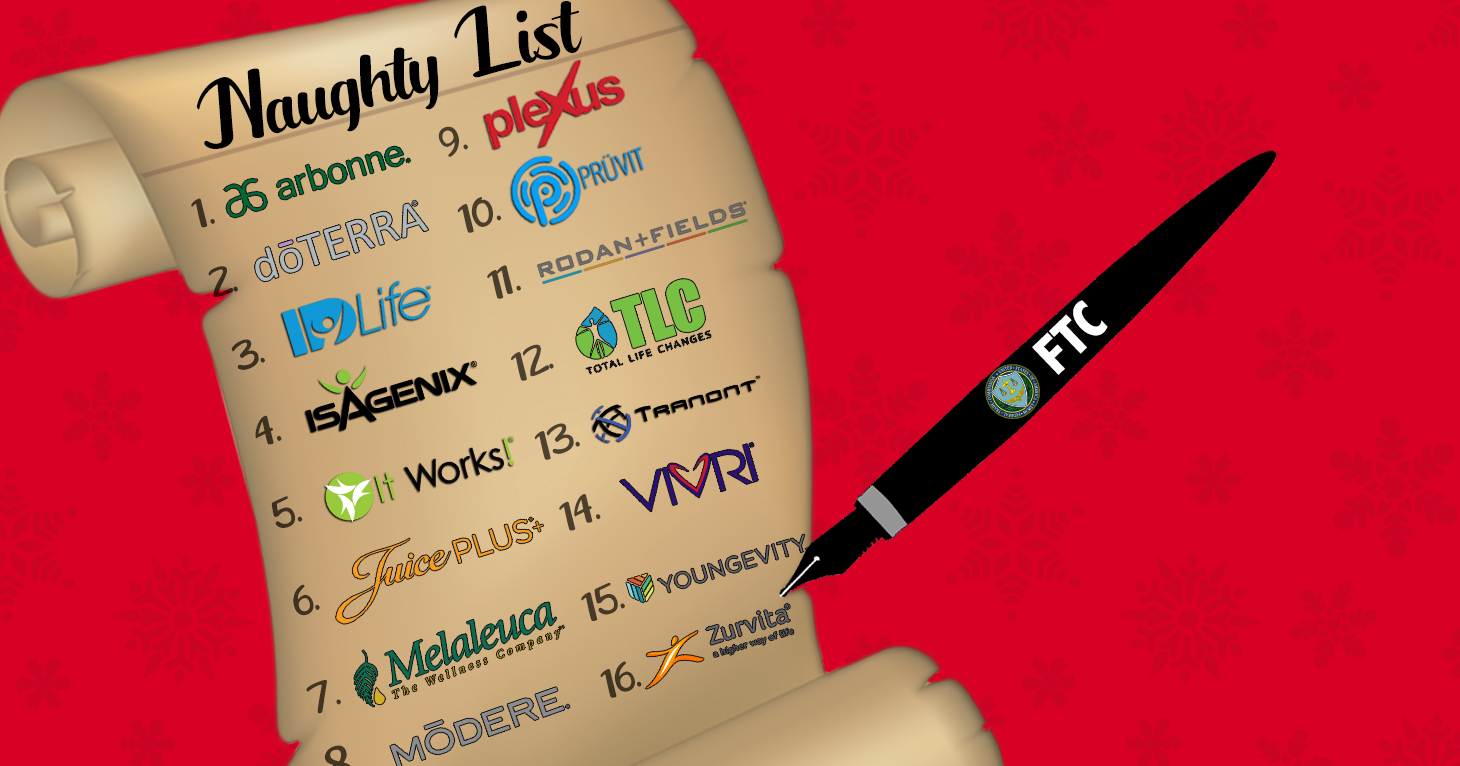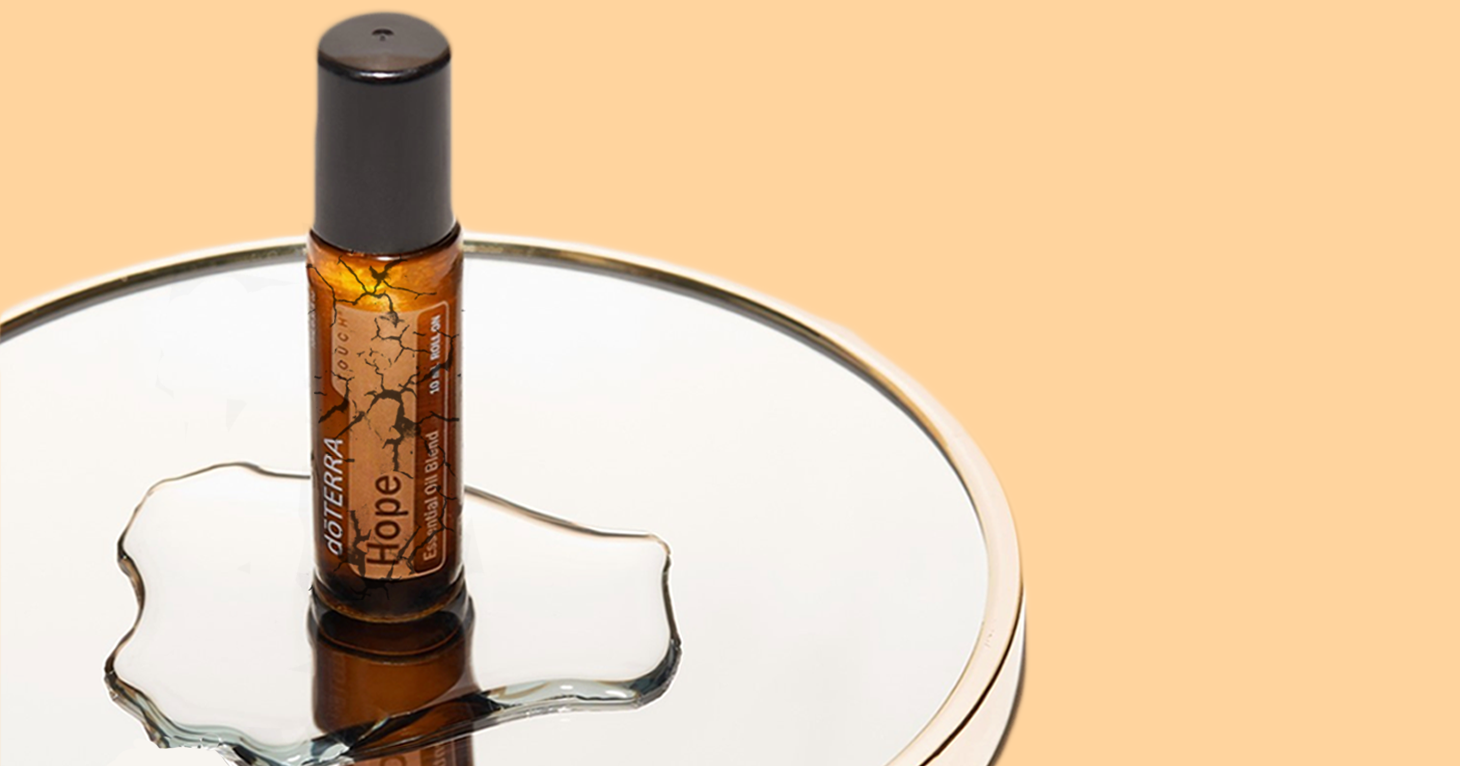
What You Should Know about USANA
Supplement MLM takes down dozens of deceptive claims following TINA.org investigation.
But the majority of brand partners will still lose money.
Nearly four years after the FTC filed a lawsuit against Neora, a Texas-based company formerly known as Nerium, alleging it operates an illegal pyramid scheme and uses inappropriate health and income claims to market its products and sell its business opportunity, a federal court has found that the FTC failed to provide enough evidence to support its claims against the company and has entered a final judgment in favor of Neora.
The FTC has the option to appeal the decision, which followed a non-jury trial.
The decision in the landmark and closely watched case, which comes after the Supreme Court stripped the FTC of its ability to recover redress for consumers pursuant to Section 13(b) of the FTC Act, will likely have larger ramifications on the MLM industry as a whole.
Specifically, with respect to the FTC’s claim that Neora operates an illegal pyramid scheme, the court determined that the agency provided no evidence but rather made unsupported assumptions. Neora, on the other hand, provided survey results from an “admittedly small number of [distributors] who responded” to rebut the FTC’s pyramid scheme position.
With respect to the FTC’s claims that Neora made false or unsubstantiated earnings claims about the business opportunity and efficacy claims about its EHT brain supplement, the court made the determination that the FTC did not provide enough evidence that the brand partners (BPs), i.e., distributors, making the claims were agents of the company:
The Court concludes that there is insufficient evidence of an agency relationship between BPs and Defendants – whether actual or apparent agency – to hold Defendants responsible for any representations Neora’s BPs are alleged to have made.
As for Neora’s own income claims, the court determined that the evidence provided by the FTC was “stale” and predated the company’s transition from Nerium to Neora.
The court’s decision is a surprising result considering that in 30 of the last 32 cases that the FTC has brought against an MLM alleging it was a pyramid scheme, it has either won on summary judgment or at trial, or otherwise obtained a favorable settlement.
The decision also comes after many broken promises by Nerium (and then Neora) to TINA.org that it will clean up its deceptive marketing and multiple efforts on the company’s part to quash the FTC’s lawsuit.
A timeline of relevant events follows.
June 2016: TINA.org sends a warning letter to Neora (then known as Nerium) after a TINA.org investigation reveals the company using false health claims to market products and deceptive income claims to promote the business opportunity. Examples of the deceptive claims at issue include distributors’ claims that the company’s products can treat a host of diseases including Alzheimer’s, Parkinson’s and psoriasis, and company and distributors’ claims that distributors can earn six-figure incomes, purchase their dream home and retire their parents (despite its line of anti-aging products, Nerium had at one point focused recruitment efforts on young adults through its Young Entrepreneur Program or YEP for short). In response, Nerium informs TINA.org that it is taking immediate action to address the issues. Based on the company’s response, TINA.org decides to temporarily delay filing complaints with regulators but notifies Nerium that it will monitor the company’s progress and take such action if the deceptive marketing isn’t fully corrected.
July 2016: After an audit finds that the majority of the deceptive claims identified by TINA.org, which TINA.org provided to Nerium (we’re tempted to add “on a platter”), are still online, TINA.org files complaints with the FTC and Texas attorney general urging them both to investigate the company and take appropriate enforcement action.
May 2017: With many of the deceptive posts in TINA.org’s original sampling still on the internet (a year after TINA.org first warned the company), TINA.org gathers more than 100 new examples of deceptive income claims and false health claims (including distributors’ claims that Nerium’s EHT brain supplement treats everything from ALS to dementia). TINA.org shares these latest findings with the Code of Ethics Administrator for the Direct Selling Association (throughout the FTC lawsuit and trial Nerium/Neora never lost its status as a DSA member), as well as company officials, the FTC and Texas attorney general. That same month, TINA.org publishes an article, “What You Should Know about Nerium,” that cites additional issues with the company’s marketing including its use of fake celebrity endorsements and confusing compensation plan.
June 2017: The DSA honors Nerium as a Top 20 company. The next day, the DSA Code Administrator sends an email to Nerium regarding the “very serious issues” raised by TINA.org.
July 2017: After Nerium sends a letter to TINA.org informing us that its compliance department is undertaking a review of the internet posts referenced in our May 2017 letter, TINA.org alerts Nerium to an additional 50 disease-treatment claims being made by Nerium distributors. TINA.org sends of copy of the letter to the DSA code administrator. Four days later, the administrator emails TINA.org notifying us that Nerium’s initial response to the issues raised in TINA.org’s code complaint have not been “satisfactorily answered.”
A few days after that, in conjunction with Nerium’s “Get Real” conference, TINA.org launches a Twitter campaign called #NeriumTruth. The campaign exposes dozens of examples of the company’s inappropriate health and income claims and does not go unnoticed by Nerium’s CEO or its compliance department.
December 2017: TINA.org finds more atypical income claims being used to market the Nerium business opportunity as part of a larger investigation into all DSA-member companies (which finds 97 percent of member companies misrepresenting income potential), and once again notifies the company.
January 2019: TINA.org publishes an article about Nerium’s attempt to run from its problems by rebranding to Neora.
November 2019: Aware of the FTC’s plans to sue the company, Neora sues the FTC for allegedly attempting to improperly change direct selling laws. The 58-page lawsuit claims that the agency “is attempting to unilaterally and retroactively outlaw multi-level marketing” and “take the ‘multi’ out of multi level marketing.” It argues that the FTC is attempting “to improperly, unilaterally, and retroactively change the law” when it comes to what is a pyramid scheme. Neora goes so far as to ask the court to issue an advisory legal opinion vindicating the rights of the entire MLM industry. TINA.org publishes a blog likening the requested court declarations to a legislative manifesto as opposed to a list of remedies that could appropriately be issued by a court.
Later that same day, the FTC files a lawsuit against Neora accusing the company of running an illegal pyramid scheme by rewarding recruitment over product sales. The lawsuit alleges that less than one percent of all rewards paid by Neora consist of commissions paid on the sale of products to retail customers (and that the products themselves can be purchased for less on Amazon or through Neora directly). And despite promises that recruits will achieve financial independence if they join the scheme, the lawsuit claims that more than 95 percent of Neora distributors paid more to Neora each month than they earned. In addition to deceptive income claims, the lawsuit cites false health claims including that Nerium’s EHT brain supplement is an antidote for Alzheimer’s, Parkinson’s, concussions and chronic traumatic encephalopathy (CTE) caused by repetitive brain trauma. Neora CEO Jeffrey Olson is also named as a defendant.
September 2020: A court dismisses Neora’s lawsuit against the FTC. The court finds that the company’s claims were not ripe for adjudication and that it could properly defend itself against allegations that it operates a pyramid scheme.
August 2021: The court in the FTC’s case against Neora grants the company and its CEO’s motion to dismiss the FTC’s claims for monetary relief, citing the Supreme Court’s April 2021 opinion in AMG Capital Management, et al. v. FTC holding that the FTC does not have the authority to obtain consumer redress under Section 13(b) of the FTC Act. The court, however, declines to dismiss the entire action on the grounds (Neora’s, that is) that the FTC jumped the gun by not using its administrative process before seeking a permanent injunction in court and that the FTC has not pleaded that the defendants are violating the law or are about to violate the law. Much to the contrary: the court finds that the lawsuit “sufficiently alleges both that Defendants’ alleged lawbreaking is ongoing and that it is likely to reoccur.”
September 2022: The DSA files an amicus brief requesting the court “issue a ruling consistent with longstanding law, precedent and business practices distinguishing between legitimate direct selling companies and unlawful pyramid schemes.” The FTC objects to the filing but is overruled by the court.
October 2022: A day before the week-long trial is set to begin, the parties jointly file a trial exhibit list. The list of “pre-admitted” exhibits includes dozens of documents related to TINA.org’s investigations into Nerium/Neora including communications with the company and FTC regarding the company’s deceptive marketing claims; health and income claims databases; two articles; a newsletter; a blog; and the #NeriumTruth Twitter campaign.
July 2023: The DSA files a second amicus brief reiterating its position that any ruling inconsistent with precedent and business practices distinguishing between legitimate direct selling companies and illegal pyramid schemes “would have a profound impact on the state of law and negatively impact operations of a sizable portion of the United States economy.”
September 2023: The trial court finds that the FTC did not provide enough evidence to support its claims against Nerium/Neora and, after a non-jury trial, enters a final judgment in favor of the company. The FTC has the option to appeal the decision.
Find more of our coverage on Neora here.
Supplement MLM takes down dozens of deceptive claims following TINA.org investigation.
Deceptive health and income claims, including some tied to COVID-19, persist in wake of warning from the feds.
MLM’s health claims fail to stand up to an increased level of scrutiny amid a worldwide pandemic.


